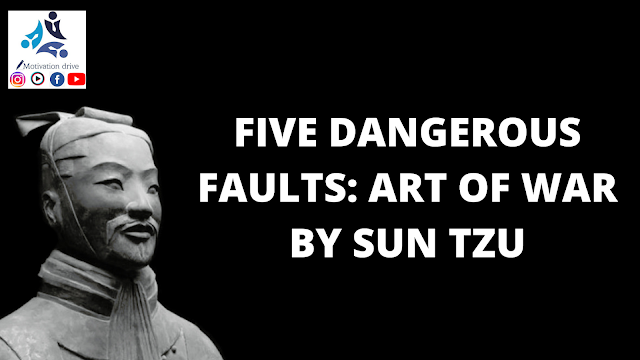Introduction Most people believe they struggle with decision-making because they lack intelligence. In reality, the problem is rarely about intelligence. It is about unfinished thinking. We often confuse quick reactions with thoughtful reasoning and assume that speed equals clarity. In truth, reacting is easy. Thinking well takes structure. Day after day, we face similar triggers, follow the same mental shortcuts, and arrive at the same predictable outcomes. We mix facts with emotions, risks with assumptions, and opinions with fear—all at once—and label it “thinking.” This mental clutter creates confusion, not clarity. What if the solution was not about being smarter, but about using a better system to organize our thoughts? This is where Edward de Bono’s Six Thinking Hats offer a powerful shift. Instead of letting thoughts collide randomly, this framework helps you think in sequence. Each “hat” represents a specific mode of thinking, allowing clarity to emerge step by step. When ...
INTRODUCTION
The art of war by Sun Tzu is one of the oldest military treatises in the world. It was originally written in Chinese which was later translated to English in 1910. The art of war has always been of vital importance to the state as it is a matter of death for its kingdom and people. In this book on Art of war, he talks about different skills and techniques such as laying plan, waging war, attack by strategy, energy use of spies, etc. He also explains the five dangerous faults of the General which can ruin the war. In modern times, these faults must be taken care of while leading a team of corporates/people as well.THE FIVE DANGEROUS FAULTS
According to Sun Tzu, a ‘General’ plays a vital role in the art of war. A general is usually the one who receives the order from the sovereign, organizes his army, and gathers his forces. General who completely understands the Art of war knows the benefits he can get from the variety of tactics. He also knows how to handle and inspire his army troops. Sun Tzu opines that a general might be well versed with the geography and other configuration of the country but if he does not understand the variety of tactics, he will never be able to do the practical application of his knowledge.In the opinion of Sun Tzu, there are five dangerous faults of a General, which are equal to sins, which ruins the conduct of a war:
(1) The first is Recklessness: If a general is reckless, there is a tendency of making his decision based on hope, anger, or other dangerous emotions. This leads to the destruction of arms and ammunition, food, and loss of soldiers. It is always better to make decisions based on facts and knowledge which will lead to judicious use of resources. Don't forget to watch the biography of Kalpana Chawla:
(2) The second of five Dangerous Faults is Cowardice: The cowardice of a general leads to capture. A coward general may take the decision not to fight when it is necessary. He takes flight back with his army and loses the battle leading to the capture of land and kingdom. The cowardice along with defeat and capture also brings shame and dishonour to the kingdom.
(3) The third dangerous fault is a Hasty Temper: The hasty temper of the general who is easily provoked can be easily defeated by a cunning enemy who very well knows the flaws of a general. A general who gets angry easily on provocation leads to the hasty action and easily falls into traps set by the enemy.
(4) The fourth fault is a Delicacy Of Honour which is sensitive to shame: A general who is ingrained with a sense of honour is a good thing. It can be hazardous also as the thought of shame to the general may lead a general to enter a battle that cannot be won. This always leads to defeat, loss of people and land.
(3) The third dangerous fault is a Hasty Temper: The hasty temper of the general who is easily provoked can be easily defeated by a cunning enemy who very well knows the flaws of a general. A general who gets angry easily on provocation leads to the hasty action and easily falls into traps set by the enemy.
(4) The fourth fault is a Delicacy Of Honour which is sensitive to shame: A general who is ingrained with a sense of honour is a good thing. It can be hazardous also as the thought of shame to the general may lead a general to enter a battle that cannot be won. This always leads to defeat, loss of people and land.
(5) The fifth dangerous fault is Over-Solicitude for his men: This exposes him to worry and trouble. A general acumen is measured well when he cares for his soldiers, but it turns into one of the five dangerous faults when a general over-cares for his soldiers. It leads to unwise strategic decisions to protect his people. In a state of war, a general should always be ready to send their soldier to dangerous and fatal situations to achieve a greater victory.


Comments
Post a Comment
Please do not add any spam link in the comment box